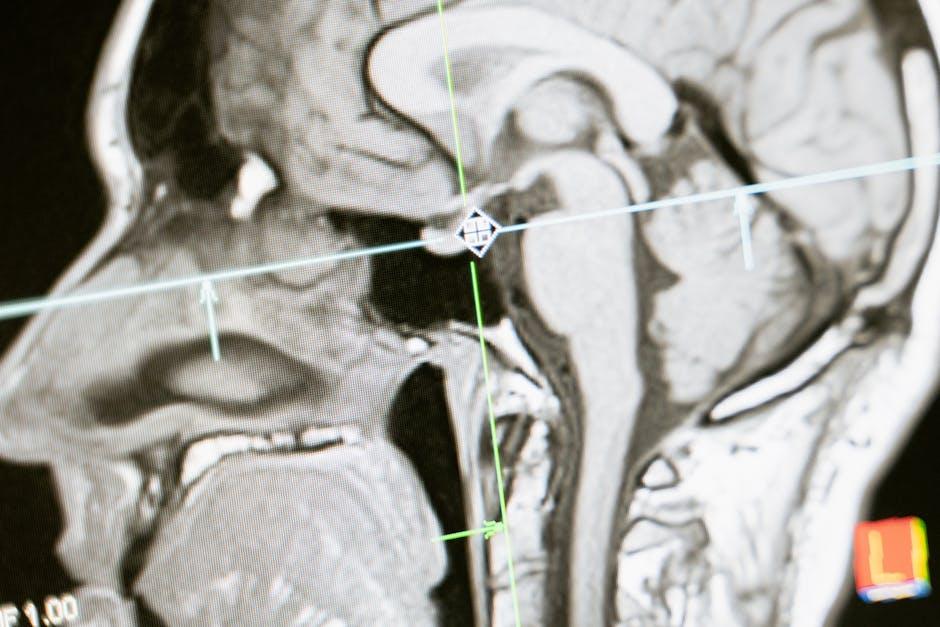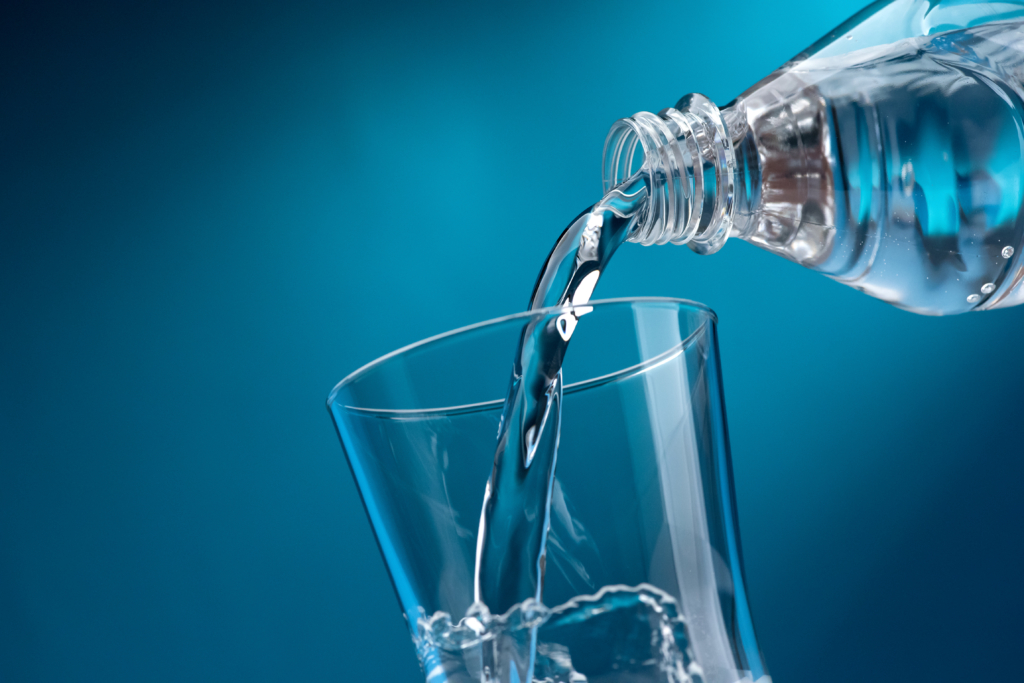In the bustling symphony of modern life, where deadlines drum and screens flicker, the quest for mental clarity often leads us down paths of caffeine and meditation apps. Yet, amid this cacophony, a simple, transparent elixir holds profound potential: water. Often overlooked, hydration is the silent architect of our cognitive landscapes, sculpting the peaks of our focus and the valleys of our fatigue. As we delve into the intricate relationship between hydration and cognitive performance, we uncover a narrative where each sip not only quenches our thirst but also fuels our mental resilience and recovery. This article invites you to explore the transformative power of hydration, where the seemingly mundane act of drinking water becomes a pivotal chapter in the story of our cognitive well-being.
The Science of Hydration and Brain Function
Water is often referred to as the elixir of life, and for good reason. The human brain, a complex organ responsible for our thoughts, memory, and emotions, is composed of approximately 75% water. This intricate connection between hydration and cognitive function is crucial for maintaining optimal brain performance. When adequately hydrated, the brain can efficiently transmit electrical signals, enhance concentration, and improve memory retention. Conversely, even mild dehydration can lead to reduced cognitive abilities, including difficulties in focusing, impaired short-term memory, and increased feelings of fatigue.
Understanding the science behind hydration and brain function is essential for those seeking to enhance mental clarity and recover from cognitive fatigue. Some key benefits of proper hydration include:
- Improved Concentration: Adequate water intake helps maintain the brain’s alertness and focus, making it easier to absorb new information.
- Enhanced Memory: Staying hydrated supports the brain’s ability to store and recall information, crucial for learning and decision-making.
- Mood Stabilization: Proper hydration can help regulate mood swings, reducing feelings of stress and anxiety.
- Quicker Recovery: Hydration aids in the recovery of cognitive functions after intense mental exertion or prolonged periods of concentration.

Unlocking Mental Clarity through Proper Hydration
Our brains, primarily composed of water, rely heavily on adequate hydration to function optimally. Dehydration can lead to reduced attention span, impaired memory, and diminished cognitive ability. When the body lacks sufficient water, it can affect the brain’s efficiency, leading to symptoms like brain fog and fatigue. This underscores the importance of maintaining proper hydration to support mental acuity and enhance overall cognitive performance.
- Memory Boost: Proper hydration is linked to improved short-term memory and recall.
- Enhanced Concentration: Staying hydrated helps maintain focus and alertness, crucial for daily tasks.
- Mood Regulation: Adequate water intake can help stabilize mood swings and reduce feelings of anxiety.
- Recovery Aid: After mental exertion, hydration supports faster cognitive recovery and reduces mental fatigue.
The Role of Water in Cognitive Recovery
Water is often seen as a simple, essential component of our daily routine, yet its profound impact on cognitive recovery is frequently underestimated. Hydration plays a crucial role in maintaining the delicate balance required for optimal brain function, especially during periods of cognitive stress or recovery. When our bodies are adequately hydrated, the brain benefits from improved blood flow and oxygenation, leading to enhanced concentration, memory, and mood stabilization. Conversely, even mild dehydration can result in cognitive impairments, such as reduced attention span, slower information processing, and memory difficulties.
- Improved Neural Communication: Water facilitates the efficient transmission of signals between neurons, crucial for cognitive tasks.
- Toxin Removal: Adequate hydration helps in flushing out toxins that could otherwise impair brain function.
- Mood Regulation: Proper hydration levels are linked to mood stability, which is essential for mental recovery.
- Enhanced Energy Levels: Staying hydrated helps maintain energy levels, supporting sustained mental effort and recovery.
By prioritizing hydration, individuals can support their cognitive recovery processes, ensuring that their brains remain resilient and responsive to daily challenges. The next time you reach for a glass of water, remember that you’re not just quenching your thirst; you’re investing in your brain’s ability to recover and perform at its best.

Hydration Strategies for Optimal Mental Performance
Staying hydrated is crucial for maintaining optimal mental performance, as even mild dehydration can lead to noticeable declines in cognitive abilities. To keep your brain functioning at its best, consider these effective hydration strategies:
- Consistent Water Intake: Aim to drink water regularly throughout the day rather than waiting until you’re thirsty. A steady supply of fluids helps maintain concentration and memory.
- Infused Water: For those who find plain water monotonous, adding slices of fruits like lemon, cucumber, or berries can make hydration more enjoyable and appealing.
- Hydrating Foods: Incorporate foods with high water content, such as watermelon, cucumber, and oranges, into your diet to boost your fluid intake naturally.
- Balanced Electrolytes: Ensure that your electrolyte levels are balanced, especially after intense activities. This can be achieved through drinks that contain sodium, potassium, and magnesium.
Implementing these strategies not only supports cognitive performance but also aids in faster recovery from mental fatigue, ensuring you remain sharp and focused throughout the day.
